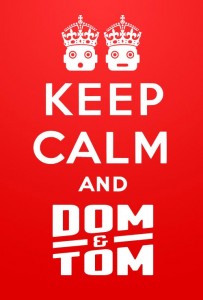This is all I know about leadership
1.) Leadership has a sense of gravity to it. If you think of Leadership as an element, think of it as one of the denser elements like Tungsten or Gold (or Osmium!). If placed at the top of an organization leadership will flow downward throughout the company. If it’s stuck at the base, or somewhere in the middle, the odds of getting this element to the top of the organization is going to take massive amounts of effort.
2.) Leadership can’t be delegated, like a role or new job assignment.
3.) If there’s a lack of Leadership people will try to fill that void as best they can, and if they can’t they’ll leave for somewhere else where Leadership exists.
4.) Leaders generally have a lot tough choices but most of the time they’re making a lot of boring choices.
5.) Leadership is based in trust, clarity of purpose, discipline and imagination (sometimes humor)
6.) Leadership is essential to running anything for any duration of time.
7.) Leadership is a lonely trade and the best leaders in history were very lonely people. Ironically, they were also very empathetic to people around them.
8.) Leaders will be criticized no matter what course of action they take.
9.) Leadership is encouraged in sports and business, and rarely in theater, writing, or music. No wonder the Arts suffer systemic problems with programs, particularly in funding.
10.) There is no unified plan to raise, train, and prepare tomorrow’s Leaders in America. I wonder if that’s the marketplace working at its finest or if we’re screwed.









